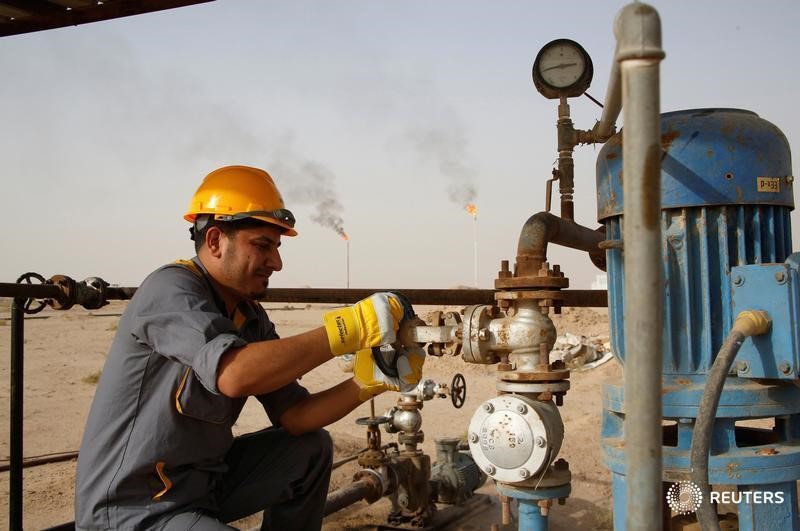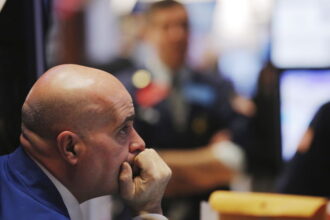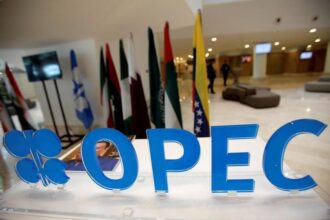Investing.com– Oil prices steadied at seven-month peaks on Monday, retaining their strong gains from the prior week as traders looked to more Saudi Arabian and Russian supply reductions in the coming months.
Russia said last week that it will outline more reductions in supply this week, along with the broader Organization of Petroleum Exporting Countries and allies (OPEC+). This came amid growing expectations that Saudi Arabia will also extend a one million barrel per day cut into October.
Stronger-than-expected U.S. and Chinese economic data also brewed some optimism over steady demand in the world’s largest oil consumers, although U.S. fuel demand is now expected to have peaked for the year and is likely to trend lower after the Labor Day weekend.
rose 0.3% to $88.77 a barrel, while rose 0.4% to $85.86 a barrel by 20:51 ET (00:51 GMT). Brent was at its highest level since late-January, while WTI reached November 2022 highs, with both contracts up 4% and 7.2%, respectively, over the past week.
OPEC+ production cuts in focus
Russia’s Deputy Prime Minister Alexander Novak signaled last week that Moscow had reached a new deal with its OPEC+ peers to further reduce supply and support oil prices, with the details of the deal set to be released this week.
Novak also signaled that Russia will extend its recent supply cuts into October, although he did not specify their scale.
Novak’s comments came amid growing expectations that Saudi Arabia will also extend its supply reductions into October, with the world’s largest crude producer having repeatedly signaled that it will reduce production to support prices.
Saudi Arabia and Russia led oil production cuts this year, while output from their OPEC+ peers remained somewhat steady. But production cuts by the two countries were the biggest source of support for crude prices this year, sparking a strong rally in crude since June.
Positive U.S., Chinese economic data also supports oil
(PMI) data from China showed that manufacturing activity in the word’s largest oil importer grew in August, spurring some hopes over a stimulus-driven economic recovery in the country.
But markets are also awaiting more economic readings this week, as well as more supportive measures from Beijing, particularly for China’s beleaguered property sector.
In the U.S., data on Friday showed that grew more than expected in August, although also rose.
But showed that business activity in the world’s largest economy remained robust, pushing up hopes that oil demand will remain relatively strong despite an expected seasonal downturn.
Strength in the , amid expectations of U.S. interest rates remaining higher for longer, limited bigger gains in oil prices on Monday. But trading volumes are expected to be low for the day, on account of a U.S. market holiday.
Read the full article here










